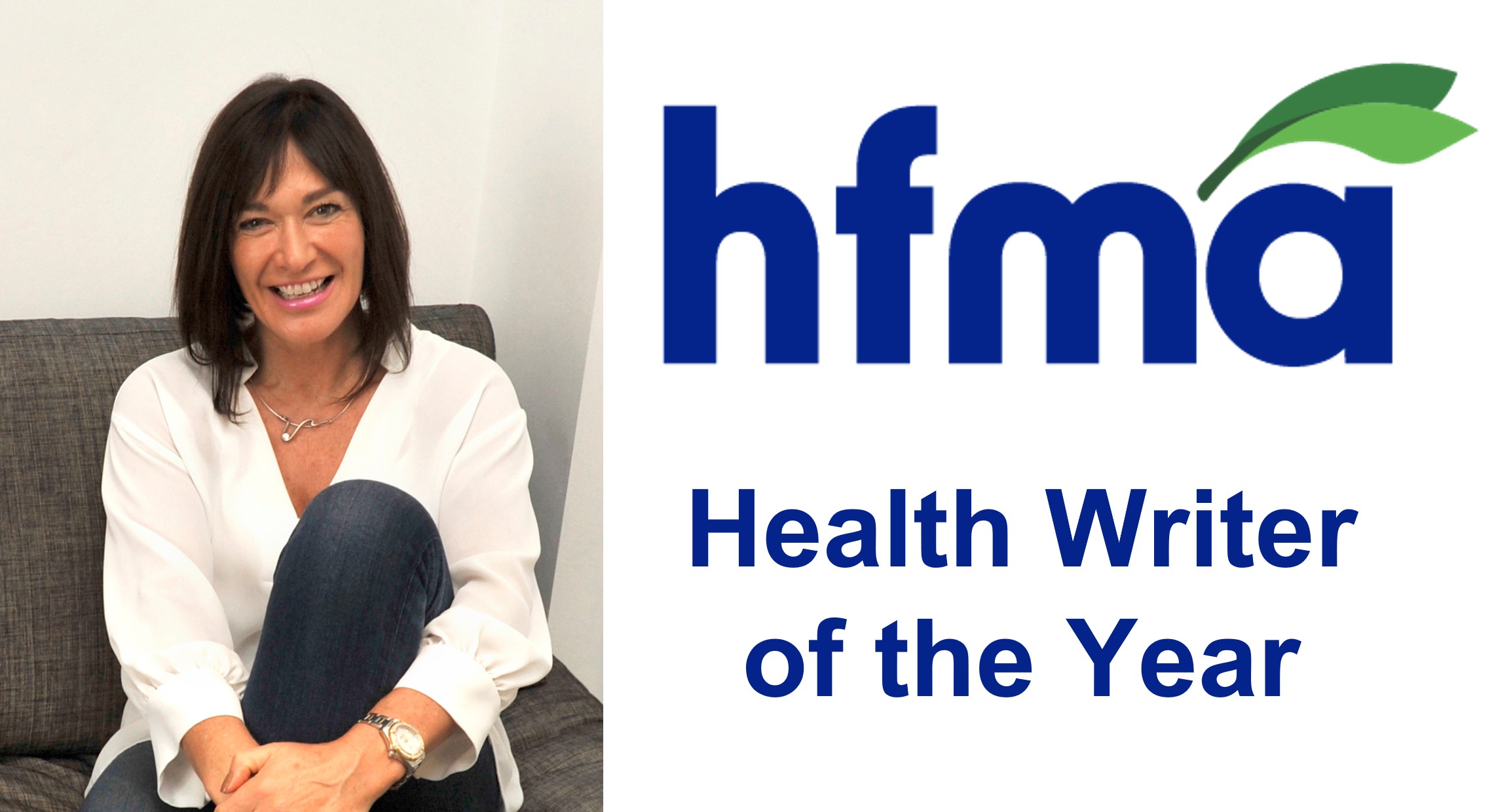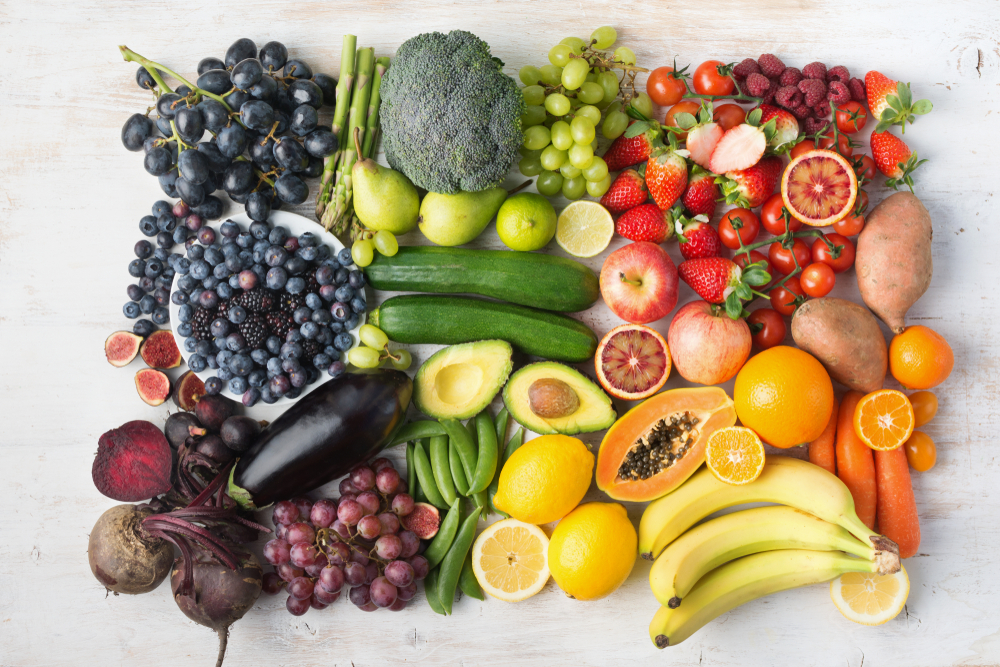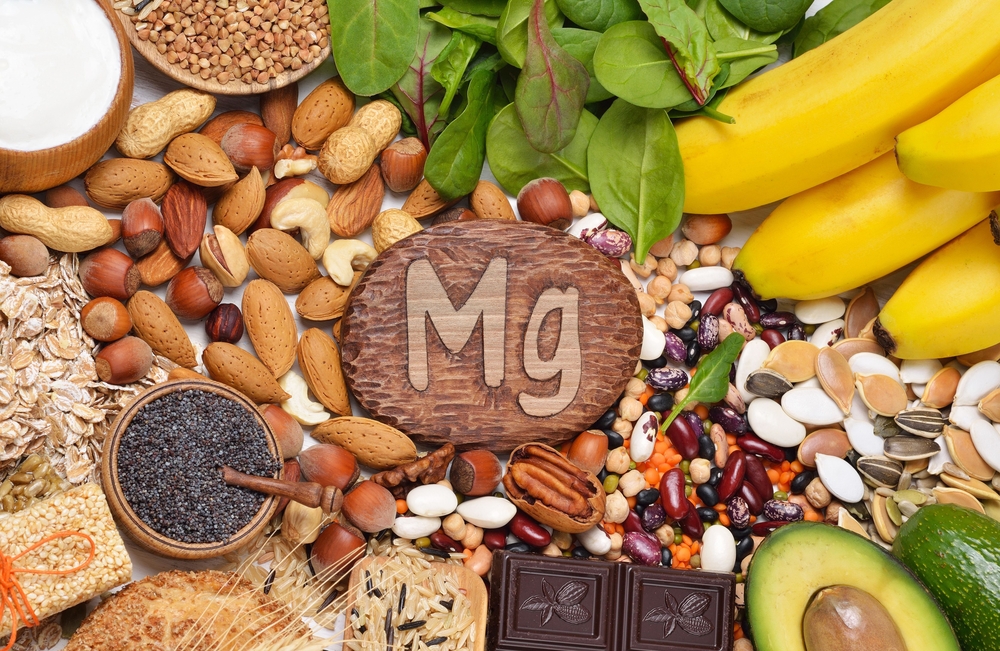
The start of a new year is always a great time to make healthy changes to your diet. We generally have much more intention at the beginning of a new year when it comes to our wellbeing, especially if we’ve overindulged over the festive period. Equally, if you’re feeling generally ‘under par’ then these changes are really going to help, and they’re easy to make too.
Clinical Nutritionist Suzie Sawyer shares her five top tips for getting your health on track in 2024.

Support your gut health

From a nutritional perspective, we refer to the gut as the ‘second brain’ such is its importance to overall health and wellness. Therefore, it makes sense to ensure your digestive tract and all the related organs are working well.

One of the quickest wins in this respect is to replenish the good bacteria in the gut, called probiotics. Many of these friendly strains of bacteria live in the gut all the time, and some just pass through whilst working their magic. However, all of them can be well fed by eating some probiotic foods. Top choices are natural live yoghurt, tempeh, miso, sauerkraut, kefir, and kombucha. These foods may not already be in your diet, but it’s easier than you think to add some in each day. Both your body and brain will be thankful.
Supercharge your energy

It’s quite common to feel less than energetic at this time of year. However, there is much that can be done to increase your get up and go. In addition to ditching the junk (more of which later), why not add a supplement of the herb Rhodiola? It’s an amazingly well-researched herb, particularly for energy, stress reduction and revving up the brain. As with many herbs, Rhodiola has been used for centuries to great effect. Could this be the time to utilise the power of nature?
Feed your brain

Whilst Rhodiola will certainly help to sharpen the brain, it still needs to be fed with specific nutrients to keep it in good working order. The brain contains around 60% fat, many of which are the omega-3 fatty acids.

Omega-3 fats are found in oily fish such as salmon, mackerel, sardines and pilchards, as well as flaxseeds, chia seeds and pumpkin seeds. However, since they’re not found that widely in foods, and because the body can’t make them, then it sometimes takes a little more effort to get them into the diet every day. If none of these foods float your boat, then omega-3s can be taken in supplement form and there are vegan sources too. Make 2024 the year you ramp up intake of these super-healthy fats.
Drink more water

It’s often the simplest of dietary changes can have the most dramatic effects on health. And ensuring the body is correctly hydrated is right up there in terms of health benefits. Ideally you need around 1.5-2 litres of water daily to fully support your brain, energy levels, digestion, hormone balance and the skin (plus much more besides).

Eating plenty of fruits and vegetables every day should also be on your diet plan. They also counts towards water intake, but the body still needs plenty of plain water throughout the day. You’ll be amazed just how much more energy you have, and your brain function will improve dramatically too.
Reduce you sugar intake

There’s no getting away from it – sugar, in all its forms, has a detrimental effect on health, and especially on weight. Most of us are probably not as aware of how much sugar we take in on a daily basis. Much of this is cleverly disguised by food manufacturers as ingredients like maltodextrin or corn syrup.
One of the simplest ways of reducing sugar intake is to try and cook as many meals from scratch as possible. This way, you have absolute control of what goes into your food and your overall nutrient intake will increase too. Most pre-packaged foods contain some form of sugar, so do become a label detective. The worst forms of sugar are artificial sweeteners such as aspartame. Whilst they have zero calories, they still upset blood sugar balance, but they are not helpful for the brain, gut, or hormones either.

You’ll be amazed now quickly you can re-train taste buds to eat foods that are less sweet. If you’re taking sugar or sweeteners in drinks, or having fizzy drinks, then this is probably the first place to start in the clean-up routine. Every little will help for sure.
The start of 2024 is the perfect time to make some small changes for big health results.
FOR MORE GREAT NUTRITION AND LIFESTYLE ADVICE:
Sign up to receive our blog and get a weekly dose of the latest nutrition, health and wellness advice direct to your inbox.
For everything you need to know about vitamins, minerals and herbs visit our sister site Vitamin Expert – your essential guide to nutrition and natural health.
Follow us on Instagram @feelaliveuk for nutrition, lifestyle and well-being tips.
Visit us at www.feelaliveuk.com for the latest offers and exclusive Alive! content.
Follow and Chat with Suzie on Twitter @nutritionsuzie
All images: Shutterstock













